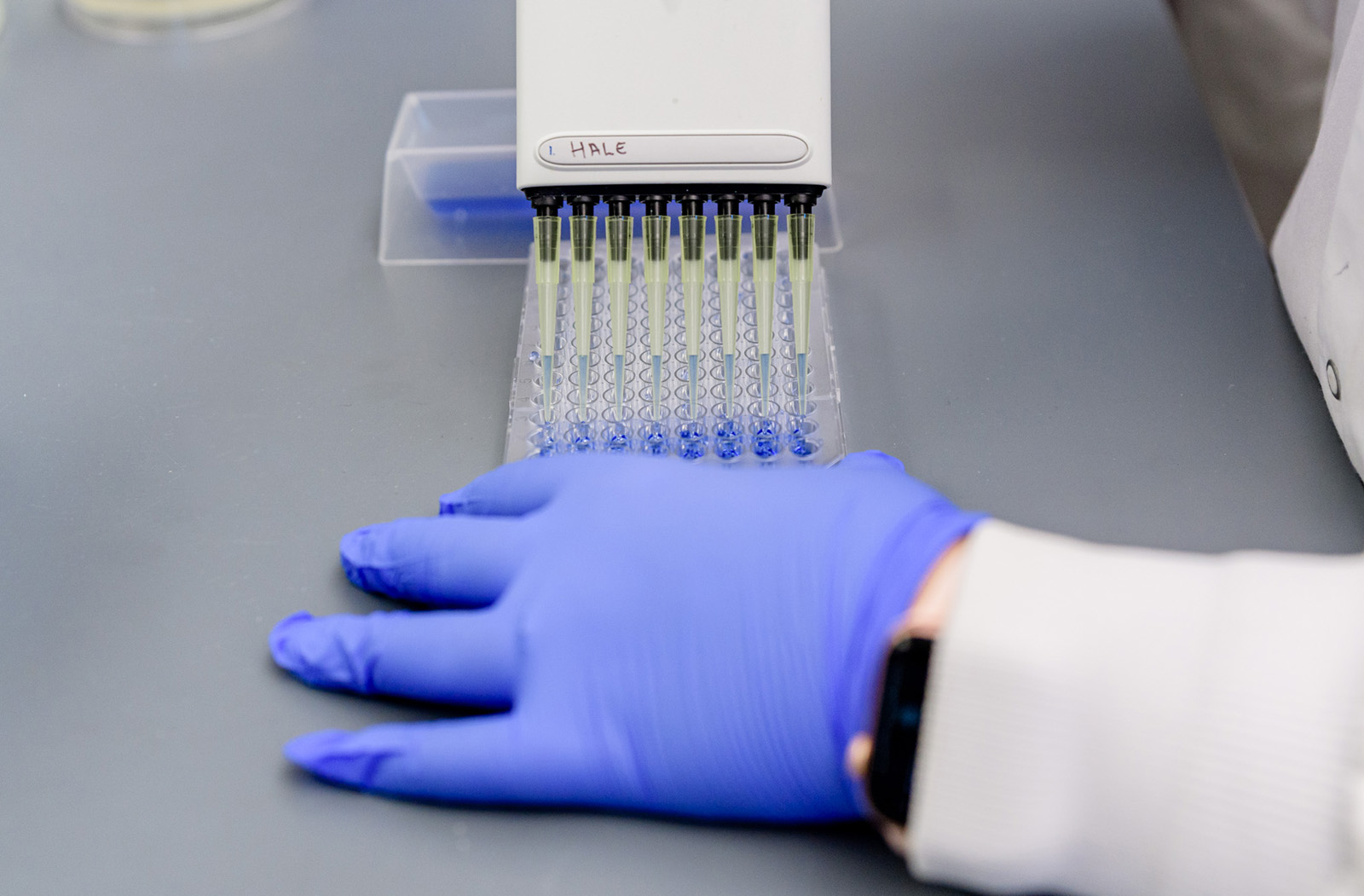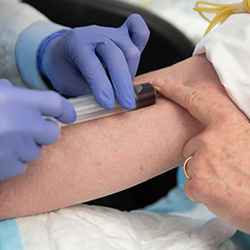
New Degree Prepares Students for Careers in Clinical Research

The University of Arizona College of Medicine – Phoenix is preparing students to meet an expected increase in demand for clinical researchers in the next 10 years through a new Master of Science in Clinical Research degree program.

“There are a great number of clinical trials that have come directly from the pandemic,” Dr. Hammer said. “We need to answer so many questions we didn’t know existed. There is no question clinical research is in the forefront of everyone’s thoughts.”
The degree is intended for individuals who wish to gain expertise in clinical research methods and pursue independent research. Students will learn to design, conduct and analyze the results of research projects using human subjects with the goal of translating findings into treatments and patient outcomes.
“When it comes to therapeutics, clinical research is absolutely essential to learn about the processes for approval, starting from the literature to the clinical trial stage,” said Melisa Celaya, PhD, research assistant professor of Internal Medicine at the College of Medicine – Phoenix.
Students will complete five core classes in the areas of informatics, biostatistics, principles of clinical research and responsible conduct of research, as well as an original clinical research thesis. Elective courses can be tailored to each student’s interests and area of research.
Graduates of the program will be able to: design and conduct clinical research studies within regulatory and ethical guidelines; utilize emerging technologies in database design and data collection; apply statistical techniques to interpret results and draw conclusions; integrate or utilize precision medicine, drug and device development, or other new clinical approaches into their projects; and apply new research knowledge to provide better treatments and clinical outcomes.
The program is available to graduate and professional students, early-career faculty, clinical residents and fellows, postdoctoral scholars and clinical coordinators. The curricula are designed to accommodate clinical trainees with live, online and evening courses, while the publishable thesis project may satisfy residency or subspecialty fellowship research project requirements.
For more information, contact a program coordinator.
This story was written by Margarita Bauza, senior director of Communications/Content and Media Relations, U of A Health Sciences.
Topics
About the College
Founded in 2007, the University of Arizona College of Medicine – Phoenix inspires and trains exemplary physicians, scientists and leaders to advance its core missions in education, research, clinical care and service to communities across Arizona. The college’s strength lies in our collaborations and partnerships with clinical affiliates, community organizations and industry sponsors. With our primary affiliate, Banner Health, we are recognized as the premier academic medical center in Phoenix. As an anchor institution of the Phoenix Bioscience Core, the college is home to signature research programs in neurosciences, cardiopulmonary diseases, immunology, informatics and metabolism. These focus areas uniquely position us to drive biomedical research and bolster economic development in the region.
As an urban institution with strong roots in rural and tribal health, the college has graduated more than 1,000 physicians and matriculates 130 students each year. Greater than 60% of matriculating students are from Arizona and many continue training at our GME sponsored residency programs, ultimately pursuing local academic and community-based opportunities. While our traditional four-year program continues to thrive, we will launch our recently approved accelerated three-year medical student curriculum with exclusive focus on primary care. This program is designed to further enhance workforce retention needs across Arizona.
The college has embarked on our strategic plan for 2025 to 2030. Learn more.